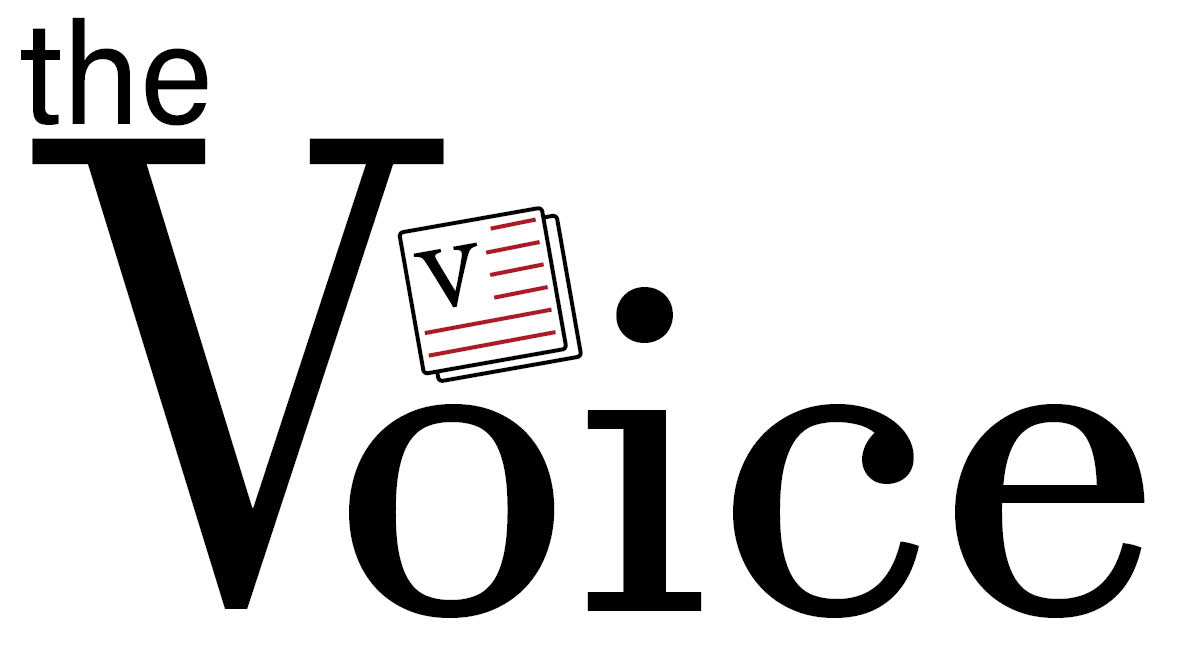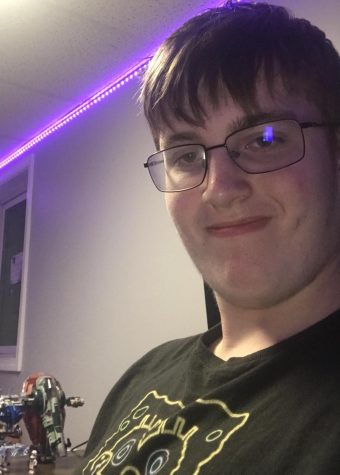Short staffed or overworked?
Students experience difficulties meeting with counselors for a variety of reasons.

Many students believe that hiring more counselors would be beneficial to the student body.
January 23, 2023
You are preparing for the second semester, and you have most of your classes set up how you want them for spring. But then, you notice that an elective is completely different from what you wanted or that the version of the English course you chose was an accident. These issues are usually easily fixed thanks to the school counselors, found in the pods throughout the school.
However, a decent number of students have had trouble talking to counselors from time to time, whether it is about schedule changes or just getting help in general. Many say it might have something to do with the new pod structure we started using this year, while others say this is simply an issue of understaffing.
“I think the school should add more counselors because kids do have to wait to meet with a counselor, and not everybody has the ability to meet with one,” junior Aaron Langhenry said. “I think they should add in monthly check-ins for kids in general for the sake of their mental health.”
Langhenry sees a counselor weekly, and they have helped him with his grades and willingness to attend classes. He has not had many issues with counseling since his arrival in high school. He also believes that counseling could be improved with choice in the time of day.
“I feel like once you input your schedule, you have no say in what classes, and that is a big thing, but kids should be able to choose more about the time of day since it can be hard to work in the morning,” Langhenry said.
Counselor Noelle Greene, who recently returned to counseling in the building, has provided some behind-the-scenes on how counseling can work and how Langhenry’s suggestions would be properly handled.
“I probably talk to anywhere from 15-30 students a week, if it’s a light week,” Greene said. “During the first few weeks of a semester when schedules need changing and students are reacclimating to school, I could talk to many more than 30 students. I just counted and last week I had 45 student appointments, and that didn’t include drop-ins.”
She often sets up weekly or bi-weekly meetings with students if their problems are ongoing, which usually helps with grades and mental health. She noted that around the middle of the semester is when she gets the least visits. She has also said that the new pod system has made it easier to coordinate students with other pod leaders, such as Maureen Chambers.
She has also agreed based on experience that adding more counselors would help greatly with the issues lately.
“The addition of two counselors to the department last year was huge,” Greene said. “It shows that both building and district administration understand the student’s need for more support, and want to make sure that we as counselors have a manageable caseload.”
She also mentioned that monthly check-ins would be dependent on the students, and she could not really do much in her own power.
“I think monthly checks would be awesome for some students, but not all students like to meet with their counselors,” Greene said. “I have students who need a check-in daily to get through the day, and other students who only need me every once in awhile. I think that publicizing how to access your counselor and students making and keeping appointments with their counselors is the first step to students feeling more supported.”
With the second semester having already begun, while meet-ups will likely decrease, this issue is still worth talking about and finding new ways to fix it. So if you have any ideas, try taking them up with your counselor and see how they can help.


